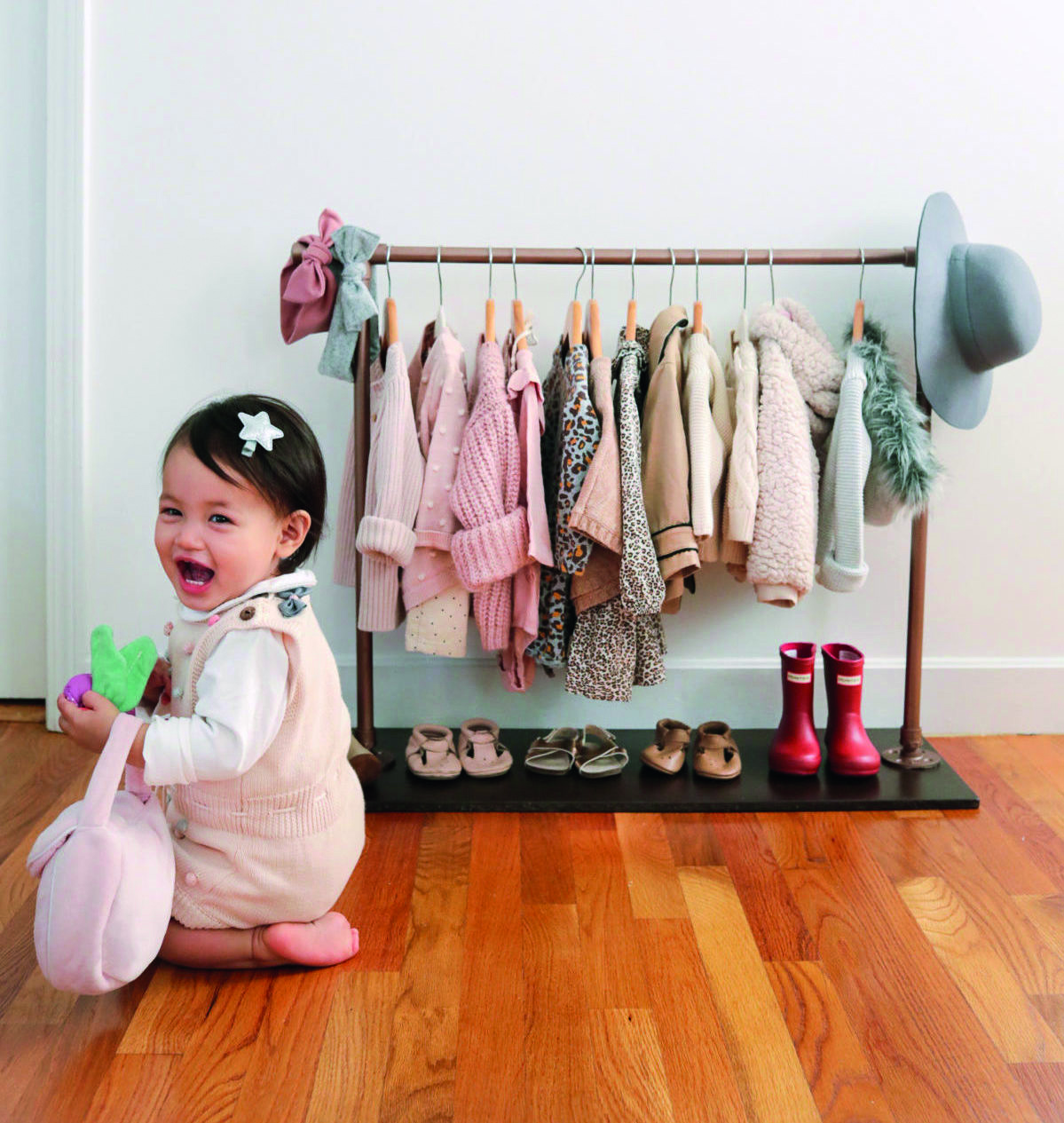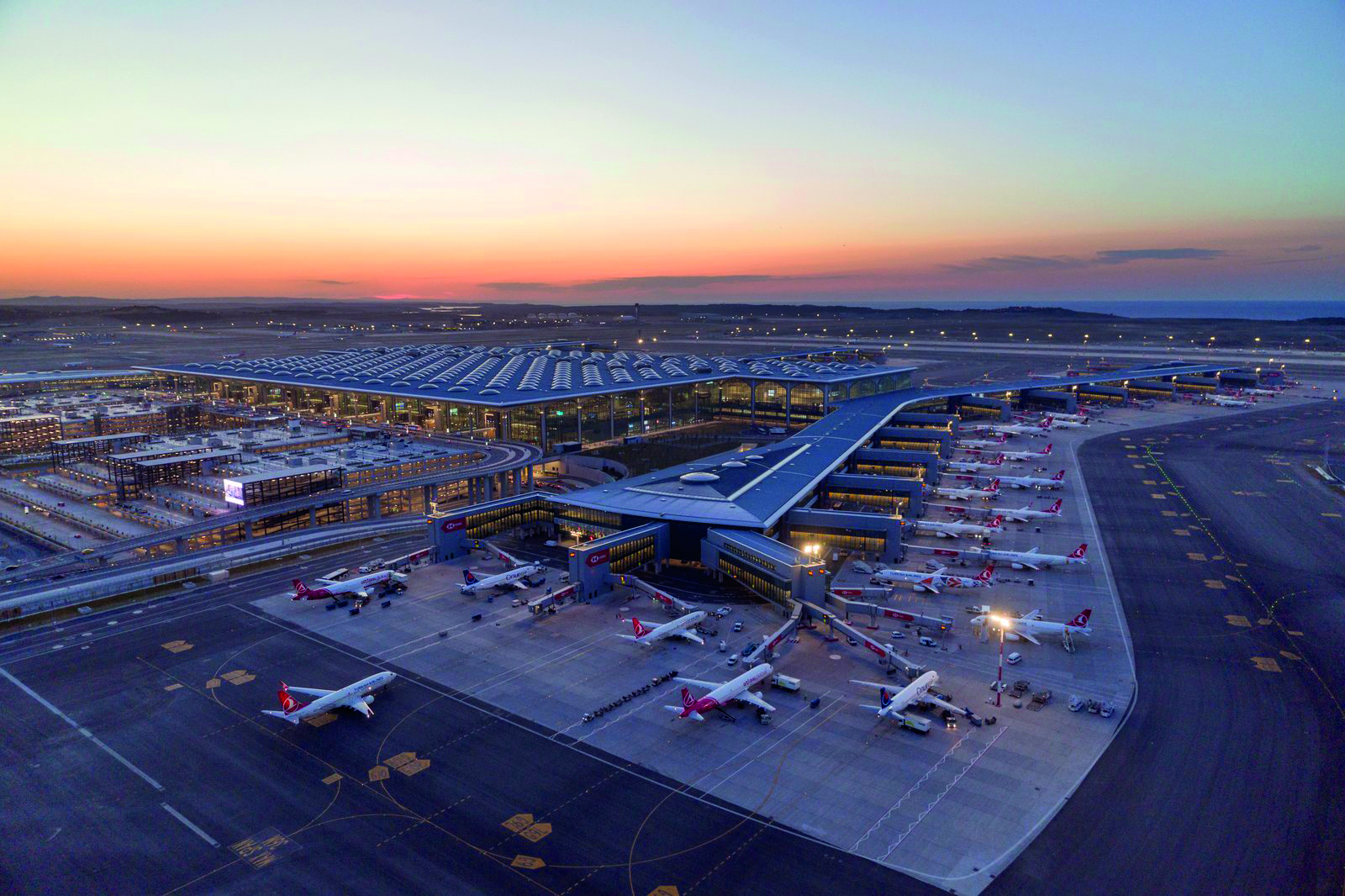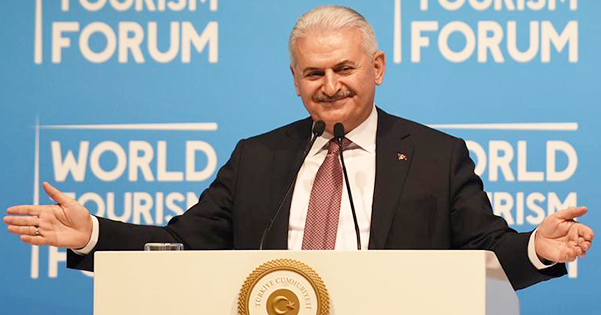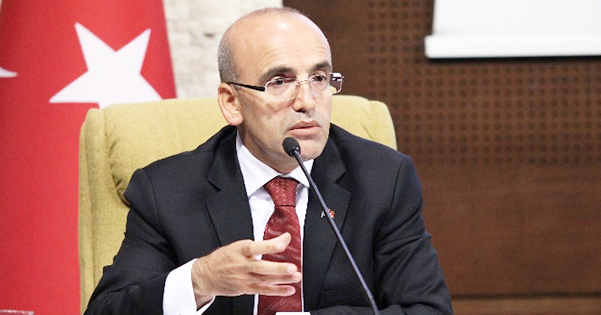Faster growth in the wear for children aged 0-3
With the continuous expansion of middle class and the gradually improved awareness of quality consumption, China has ushered in a stage of rapid development in high-end children’s wear and maintained a rapid market growth, especially a faster growth in high-end wear for children aged 0-3 than for children aged 4-14.
In terms of the life cycle of wear industry, China children’s wear industry, compared with men’s wear, women’s wear, sportswear, is still in the growth stage characterized by rapid growth in market demand and large room for growth. As one of the main market segments, high-end children’s wear also enjoys broad prospects.
China’s middle class population continues to expand
With the rapid economic development of China and the continuously improved income level, China’s middle class population continues to expand, accompanied by the gradually improved awareness of quality consumption. By 2020, China’s household disposable income will reach US$8,185, and the mainstream consumers, about 51% of the total households, is expected to have the household disposable income in the range of US$16000-34000, according to the predication by Mckinsey, an international consulting agency.
High-end children’s wear industry has been in a period of rapid development
Since the beginning of the 21st century, children’s wear manufacturers in China have improved their design and operation capabilities and local high-end brands have emerged, including Lenfoo, T100, etc., but on the whole, mostly are the companies that act as the agent of foreign brands. With the rapid increase of people’s income since 2010, China high-end children’s wear market has gradually expanded. In addition to high-end children’s wear companies engaged in independent operation, the companies that previously mainly engaged in ready-to-wear or sports brands have also marched toward the children’s wear market, and China high-end children’s wear industry has ushered in a period of rapid development with the opening of two-child policy.
Since 2011, The market demand for high-end children’s wear has gradually expanded, and local wear companies have begun to accelerate their deployment in the high-end children’s wear market; the opening of the two-child policy has boosted the high-end children’s wear industry into a period of rapid development.
Mature wear production and supply chain supporting the supply of high-end children’s wear
China has been the world’s largest textile and garment production area. As of the end of 2019, there are 13,876 garment manufacturers above designated size in China, according to data released by the National Bureau of Statistics.
Thanks to the complete wear supply chain and strong wear production capacity, China children’s wear production capacity ranks among the top in the world. As of November 4, 2020, there are 2241 children’s wear manufacturers above designated scale with a registered capital of more than 5 million yuan, of which 207 are newly established in 2020, according to Qichamao.
With the rise of middle class, high-end children’s wear has become the development mainstream of domestic children’s wear market, more and more local brands have joined the competition in the industry, indicative of rising overall output of high-end children’s wear. According to the production data announced by representative high-end children’s wear companies in 2019, high-end children’s wear has declined slightly in the output under the influence of declined market demand in the wear industry.
Per capita spending on children’s wear is increasing and high-end children’s wear market growing rapidly
As China becomes the world’s second largest economy, in combination with the fundamental changes in the demographic structure and the opening of two-child policy, China children’s wear industry has upgraded its consumption structure and become the sub-industry with industry prosperity second only to sportswear. In recent years, China’s has continued to increase the per capita consumption of children’s wear, and reached 1,018 yuan in 2019, a year-on-year increase of 14.5%.
The increase in per capita consumption of children’s wear has driven the rapid growth in the market. China’s children’s wear market reached 239.15 billion yuan in 2019, a year-on-year increase of 14.6%, according to data released by Euromonitor.
It is worth noting that the families with two children are mostly middle-class in large and medium-sized cities, and they are the mainstream of luxury consumption. After the birth of the second child, middle-class families values more the quality of children’s products and increase the demand for high-end children’s wear. In 2015, according to Euromonitor, the high-end children’s wear, in global terms, accounted for about 12% of the market size of the children’s wear, compared with about 9% in China, a relatively low proportion. In recent years, along with China’s soaring demand for high-end children’s wear market, China has continuously seen a rising proportion of high-end children’s wear market in the children’s wear market. In 2019, according to market development predicated by Qianzhan, China high-end children’s wear market reached 31.1 billion yuan, accounting for about 13% of the market size of children’s wear industry, a year-on-year increase of 24.1%, higher than that of the market size of children’s wear industry.
Rapid growth in high-end wear for children aged 0-3
In China the high-end wear for children aged 4-14 currently has larger market size than the high-end wear for children aged 0-3, however the latter grows faster than the former. In 2019, the latter had the market size of 6.4 billion yuan, a year-on-year increase of 30.6%, and the former was 24.7 billion yuan, a year-on-year increase of 22.9%.
Direct operation + franchise being the main business model of enterprises
At present, China high-end children’s wear companies mainly focus on direct sales and franchise and by which, in the initial stage of brand expansion, utilizes more franchisee resources to expand sales channels and coverage quickly, and grants franchisees more operating rights or allows them to develop their own lower-level franchisees. With the necessity of brand development and unified operations, companies will gradually increase the proportion of direct sales or strengthen the franchise management capabilities, and make full use of the operating advantages of both sales models by forming a more reasonable and effective ratio structure between them.
The above data and analysis are sourced from the “Research Report of Market Prospective and Investment Forecast Analysis on China High-end Children’s Wear Industry by Qianzhan Industry Research Institute.















